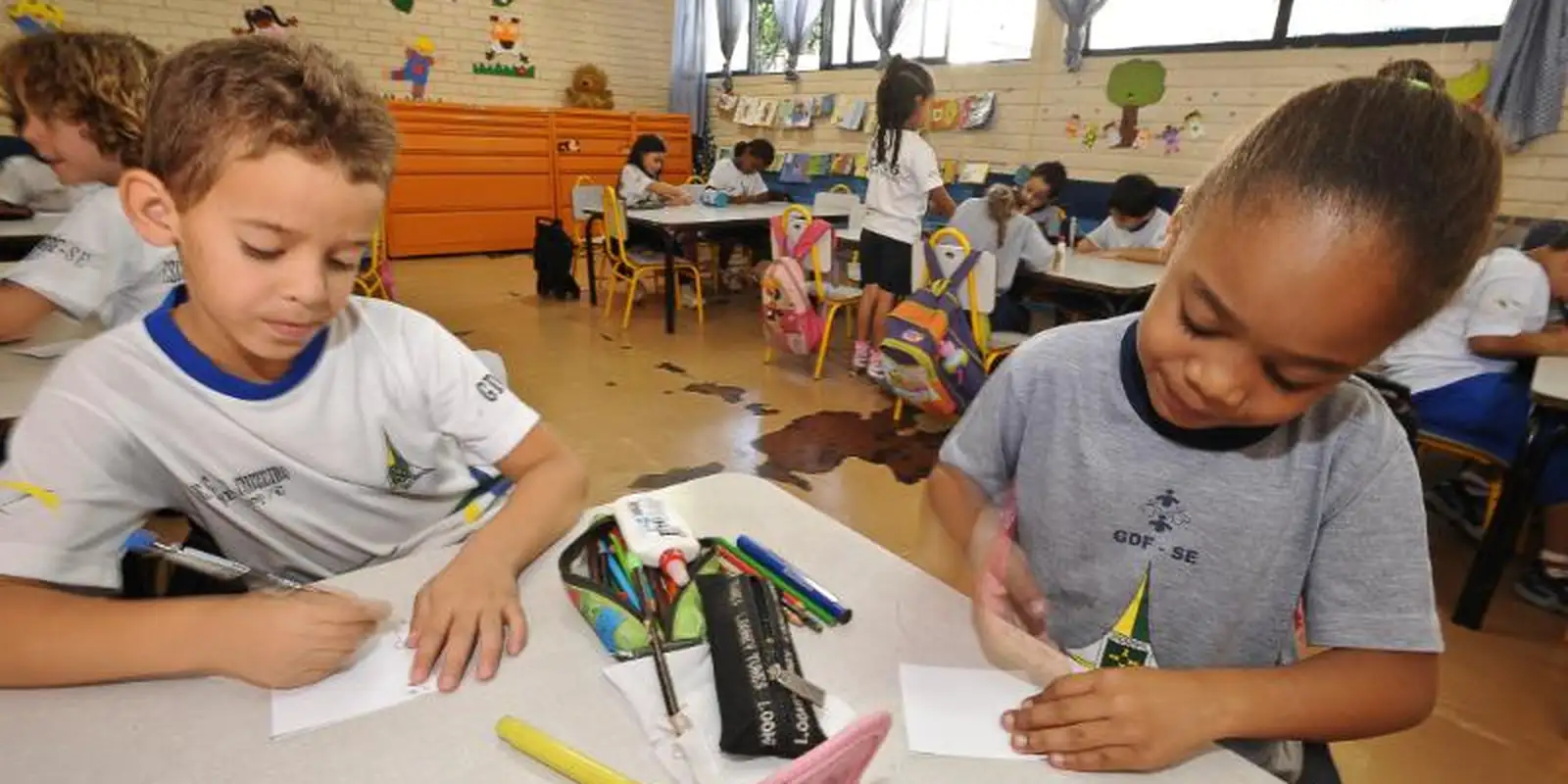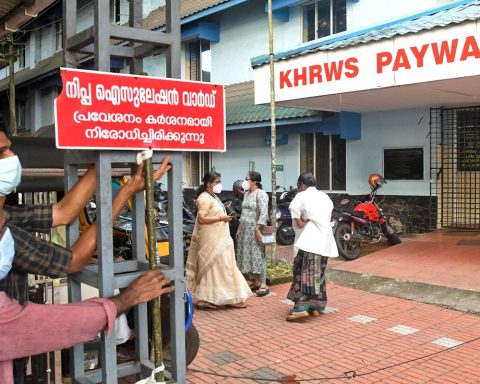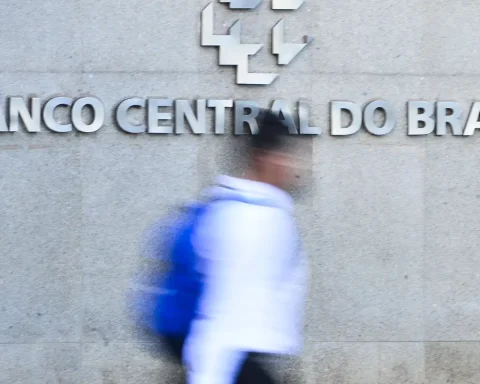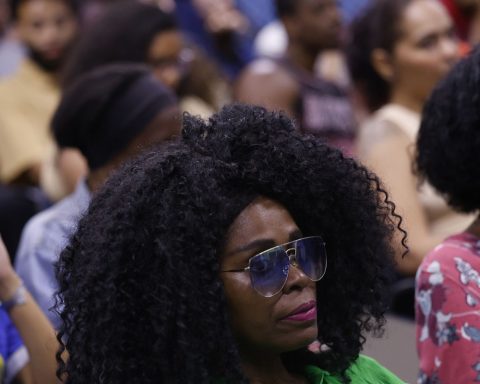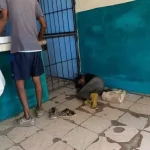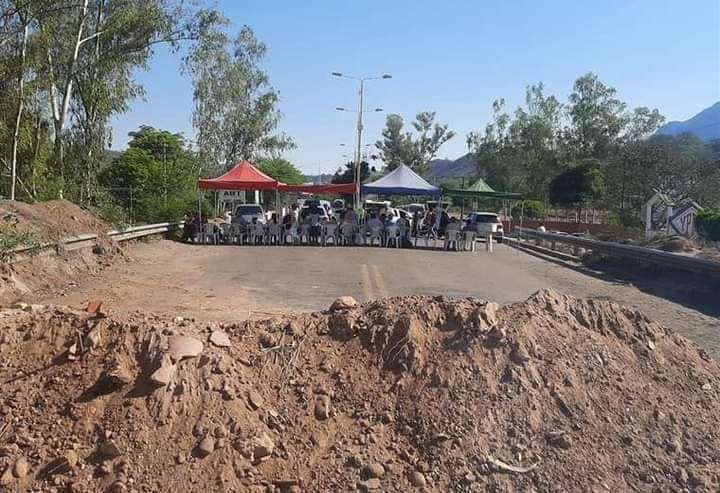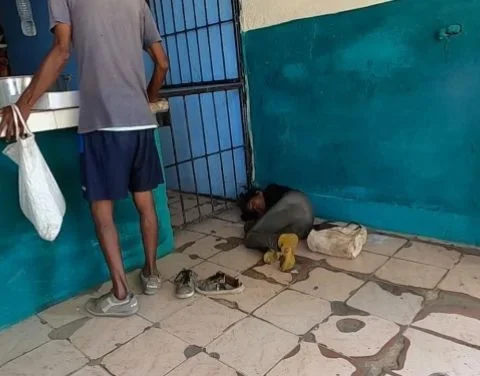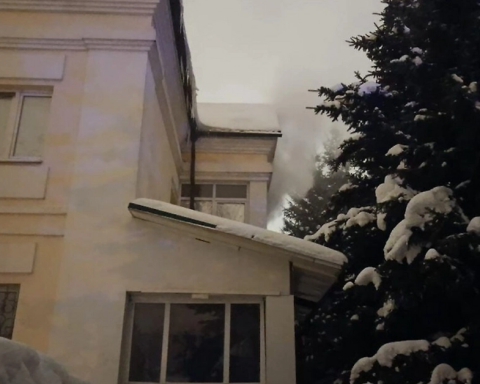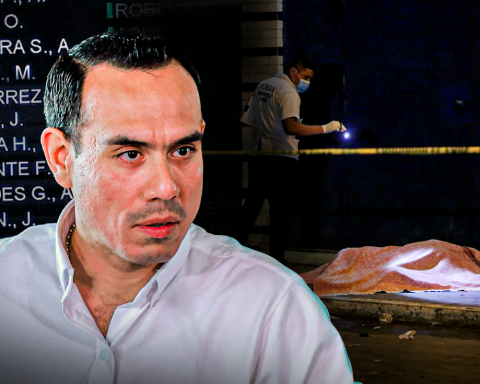For the past two years, Esteffane de Oliveira, 25, a resident of Cidade de Deus, in Japarepaguá, in the western part of Rio de Janeiro, has been trying to get a place in a public daycare for her daughter, Maytê, who is 2 years old. In order to work and support the family, Esteffane often ends up leaving her youngest daughter with her other daughter, Ana, who is only 7 years old. “They tell me that there are no places, that everything is full. I even cry, it’s getting too complicated.”

Esteffane’s case is in court. She is one of 7,500 children waiting for daycare places in Rio de Janeiro, according to the Municipal Department of Education. Across the country, according to the Continuous National Household Sample Survey 2023 (PNAD Contínua 2023), around 2.3 million children aged 0 to 3 are not in daycare due to some difficulty in accessing the service, whether due to lack of schools, lack of vacancies or because the educational institution did not accept the student because of their age.
Early childhood education is one of the municipality’s main competencies in relation to education and one of the biggest challenges for the next administrations that will be elected this year.
Education, for Esteffane, is one of her top priorities. Her other two children, Ana and Pierre, aged 4, are enrolled in a school near their home. Now all that’s missing is Maytê. “My 7-year-old daughter knows how to read, do math, and do everything. My 4-year-old son is learning now too. And I wanted her to start daycare right away, because she’ll already know the rhythm and what school is like,” says her mother.
In addition to the children’s learning, Esteffane feels safe leaving the children at school. “That’s very important to me, you know? I’ll go to work with a clearer mind.”
The Federal Constitution establishes education as a right for all and a duty of the State and the family. According to Article 211, the federal, state and municipal education systems must be organized in collaboration. Municipalities must prioritize primary education and early childhood education, which includes daycare centers (for babies and children up to 3 years old) and preschools (for 4 and 5 years old). The Constitution establishes that municipalities must allocate at least 25% of their revenue to education.
Municipalities must also be attentive to the provision of certain services to ensure that education is guaranteed to students: school transportation, student meals, quality of education and financing, which includes teachers’ salaries. In a collaborative arrangement, the federal government offers support through initiatives such as the National Program to Support School Transportation (Pnate) and the National School Feeding Program (Pnae).
Representatives
On October 6, more than 150 million voters will be able to go to the polls and vote for candidates for mayor and city council. Educational issues are among those mentioned by candidates and are part of their campaign promises. Quaest Genius Researchreleased in July of this year, shows that among the main problems considered by voters are the economy (cited by 21% of those interviewed); violence (19%); social issues (18%); health (15%); corruption (12%) and education (8%).
According to Mayra Goulart, a professor at the Department of Political Science at the Federal University of Rio de Janeiro (UFRJ), the results of the survey show “something unfavorable in terms of perceptions about education in this list of main topics”, appearing in last place among the subjects considered. However, the Nest eggaimed at high school students, is among the best-known and most approved programs of the Lula government, showing that education is relevant to the electorate.
The population has many demands, such as Esteffane’s for a place in a daycare center, but not all of them are within the municipal jurisdiction, which should focus primarily on early childhood education and elementary education. Promises that fall outside this scope are generally not fulfilled.
The area of education has also become a terrain of dispute. “The issue of education appears in a different way because of the polarization with the extreme right that talks a lot about School without Partyof gender ideology at school. It is in this sense that education has been disputed, based on the idea that it should be the responsibility of the family, which contrasts with the idea that education should be the responsibility of the State and republican institutions”, says Mayra.
The professor recommends that voters monitor the work of their candidates. This is a way to avoid falling for false promises and to pressure them to fulfill the promises that have been made. “I think that voter participation in monitoring and monitoring the representative, seeing if he or she is fulfilling his or her role as representative, is the key to protecting oneself from false promises and holding representatives accountable when they do not fulfill their proposals,” she warned.
